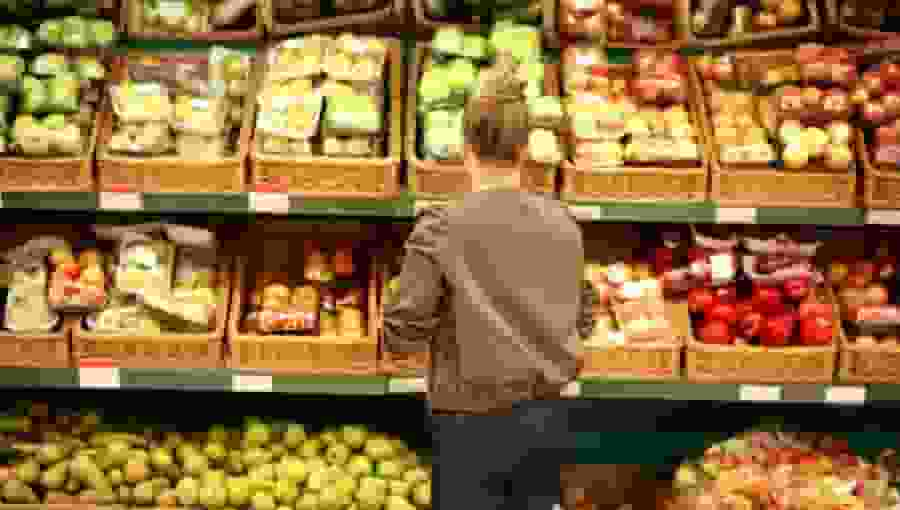Extra SNAP Benefits Expire
Millions of Americans are set to lose the extra SNAP benefits that they received due to the COVID-19 pandemic.
Extra SNAP benefits were made possible when Congress passed the Families First Coronavirus Response Act, which temporarily gave extra SNAP benefits at the beginning of the pandemic.

SNAP, which is the Supplemental Nutrition Assistance Program formerly known as food stamps, is intended to assist low-income families in affording food. However, these extra SNAP benefits expired last March 1, 2023. People in the remaining 32 states, along with Washington D.C., Guam, and the U.S. Virgin Islands, will no longer receive extra SNAP benefits.
Effects of extra SNAP benefits expiration
The timing is unfortunate as inflation has remained stubbornly high, and annual grocery prices climbed 11.3% in January. According to a published article in USA Today, every SNAP household will see a reduction of at least $95 a month, but some will see reductions of $250 or more. Seniors may feel the pinch as they already saw their SNAP benefits drop after receiving an 8.7% cost of living adjustment in January. Food was the fastest-growing cost for the participants surveyed by The Senior Citizens League in the last year.
READ ALSO: SNAP Boost Set to Expire, Putting Millions at Risk of Going Hungry
What can people do to offset the drop in extra SNAP benefits?
Visit Food Pantries: Food banks have been preparing to cater to the needs of citizens after hearing that extra SNAP benefits will end. They are setting up food pantries to help fight hunger. Food banks have been expecting to see an increase in the number of people going to food pantries, now that extra SNAP benefits have ended. The Food Finders website is designed to help you find a food pantry near you.
Check your eligibility: It is essential to check your eligibility, as surprisingly, 8 million Americans are eligible for some extra SNAP benefits but may not even know. When you check your eligibility, you may also find out that you qualify for more benefits.
Summer kids meals. Last December, $40 million was allocated by Congress for families with children up to age 18 to spend on groceries using electronic benefit transfer, or EBT. This is equivalent to 10 meals to eat at home during the summer, which can offset the loss of their extra SNAP benefits.
Special Supplemental Nutrition Program for Women, Infants, and Children, or WIC: This can supplement the food budget of low-income families food budget of low-income pregnant women, or women with children up to age 5 as their extra SNAP benefits expire. SNAP recipients automatically qualify for this.
Double Up Food Bucks: 25 states have farmers’ markets or grocery stores that double the value of your extra SNAP benefits on qualifying purchases, called Double Up Food Bucks. You can use Double Up Food Bucks to find a Double Up participant near you.
Senior food services: Seniors can benefit from senior meal programs like Meals on Wheels and group meals at senior centers or Area Agencies on Aging.
It is crucial for seniors to contact their representatives in Congress and describe their situation after the loss of extra SNAP benefits. People who are not eligible for extra SNAP benefits can also benefit from these programs. Therefore, it is essential to check eligibility and take advantage of the resources available to offset the loss of extra SNAP benefits.
READ ALSO: Emergency SNAP Cuts Threaten to Deepen Poverty in Rural America





